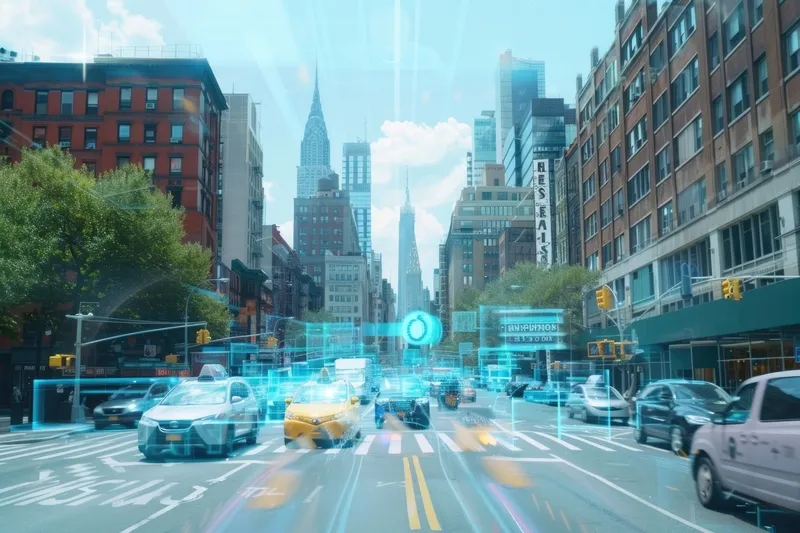In the wake of the Volkswagen emissions scandal, Germany's transport minister Alexander Dobrindt has announced that major automakers would have to disclose their engine software to state regulators, according to German website The Local.
Dobrindt also announced there would be follow-up tests by the state motor transport authority KBA to double-check the results of exhaust tests ordered by the manufacturers.
The minister said there would be "a comprehensive package of measures" to tighten the approval
December 15, 2015
Read time: 2 mins
In the wake of the 994 Volkswagen emissions scandal, Germany's transport minister Alexander Dobrindt has announced that major automakers would have to disclose their engine software to state regulators, according to German website The Local.
Dobrindt also announced there would be follow-up tests by the state motor transport authority KBA to double-check the results of exhaust tests ordered by the manufacturers.
The minister said there would be "a comprehensive package of measures" to tighten the approval process, including "disclosure of engine software" to the KBA, confirming a report in the Bild am Sonntag newspaper.
Dobrindt said carmakers would also regularly have to rotate the auditing organisations they task with carrying out emissions tests on their new models, the newspaper reported.
Volkswagen was plunged into its deepest-ever scandal in September, when it admitted to US regulators that it programmed its cars to detect when they were being tested and altered the running of their diesel engines to conceal their true emissions.
Paul Farrington, senior solution architect at software security specialist Veracode, comments, “The German government should be congratulated for addressing the automotive emissions scandal problem at its core by ensuring that its regulators have full access to carmakers’ code.
“However, software checks should not be limited to testing for ethical issues such as software-based defeat devices that can cheat regulators. The government must also harness this opportunity to verify that the code in our vehicles meets a minimum standard for security. As connected vehicles become a greater reality across the UK and the rest of Europe, this is not only an opportunity to set a precedent for secure software, but also ensure greater safety for everyone on the road.”
Dobrindt also announced there would be follow-up tests by the state motor transport authority KBA to double-check the results of exhaust tests ordered by the manufacturers.
The minister said there would be "a comprehensive package of measures" to tighten the approval process, including "disclosure of engine software" to the KBA, confirming a report in the Bild am Sonntag newspaper.
Dobrindt said carmakers would also regularly have to rotate the auditing organisations they task with carrying out emissions tests on their new models, the newspaper reported.
Volkswagen was plunged into its deepest-ever scandal in September, when it admitted to US regulators that it programmed its cars to detect when they were being tested and altered the running of their diesel engines to conceal their true emissions.
Paul Farrington, senior solution architect at software security specialist Veracode, comments, “The German government should be congratulated for addressing the automotive emissions scandal problem at its core by ensuring that its regulators have full access to carmakers’ code.
“However, software checks should not be limited to testing for ethical issues such as software-based defeat devices that can cheat regulators. The government must also harness this opportunity to verify that the code in our vehicles meets a minimum standard for security. As connected vehicles become a greater reality across the UK and the rest of Europe, this is not only an opportunity to set a precedent for secure software, but also ensure greater safety for everyone on the road.”








